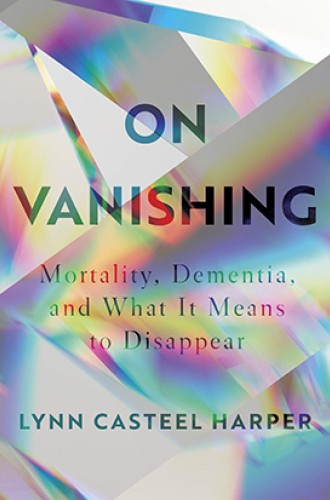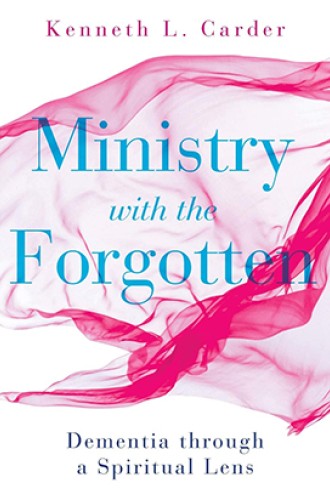Toward a more generous way of thinking about dementia
Two very different books provide guidance for family, caregivers, and clergy.
Few diagnoses evoke the kind of hushed terror that regularly accompanies Alzheimer’s disease. The ambiguous nature of the disease confronts us with difficult questions of selfhood, mortality, dignity, love, and discipleship. Lynn Casteel Harper and Kenneth L. Carder address these questions head-on in their candid and compassionate explorations of the role of dementia in our communities and culture. They each draw from their family experiences with dementia and their professional lives as Christian ministers. Together they advocate for a greater awareness and generosity in how we speak and think of dementia.
Not many books have so swiftly dismantled my default mode of thinking as Harper’s On Vanishing. Harper, a minister for older adults at New York City’s Riverside Church, rigorously uproots the stigmatizing language shrouding Alzheimer’s. By identifying the dominant metaphors surrounding the disease—“thief, kidnapper, slow-motion murderer” leaving behind “shells,” “darkness,” and “the walking-dead”—Harper begins a deft interrogation into the deeper cultural ills perpetuating this marginalization. Her book calls for a robust reimagining of Alzheimer’s and the way we care for each other in its presence.
Implicit in Harper’s argument and writing is a deep respect for language and its ability to create new realities. Though she writes from sociological and theological perspectives with manifesto-like urgency, On Vanishing has the emotional complexity and richness of language of any great work of literary nonfiction. Like the Romantic poets and writers she references throughout, Harper masterfully translates complex abstractions into crystalline distillations.






